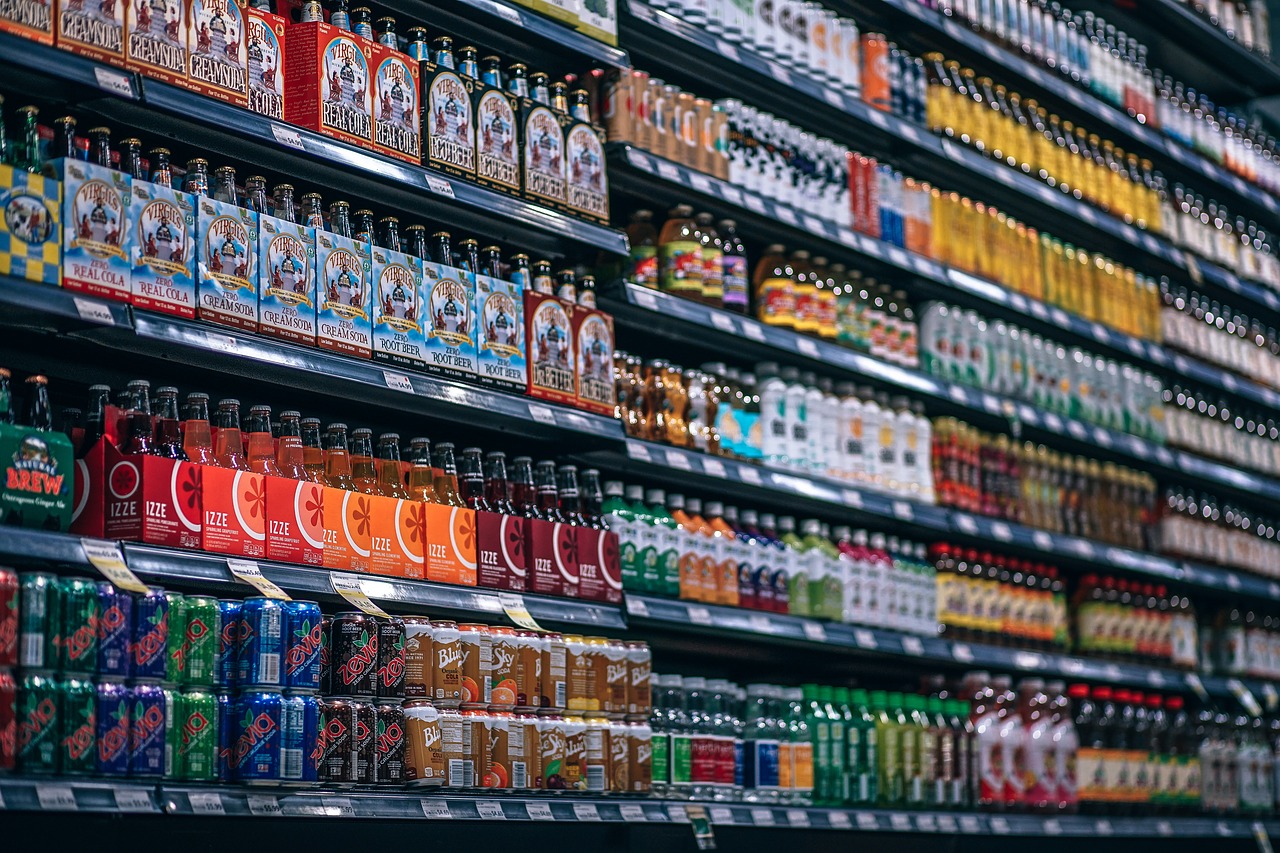It is very likely that you may have bought things online from a platform like Jiomart, PayTM mall, or Amazon.
If 100 things are sold in India, how many do you think are sold online, and how many through physical retail stores?
According to Hindustan Unilever Limited (HUL), physical retail stores still mean 90% of all business. Yes, the kirana store next to our house does keep the big companies in business.
You might remember this post in which we explained how things reach us, and the effect the online channels have on retail traders.
What happened in December?
Actually, this story begins long before December 2021. During the pandemic, as you are aware, there was a lockdown and movement of goods was restricted.
During this time, FMCG companies chose to partner with online mega retailers like Jiomart, Walmart, Metro Cash and Carry, Udaan, Booker, etc.
These companies got a bigger discount from the companies than the distributors. They were, therefore, able to give customers bigger discounts in turn. This hurt the business of the retailers and the distributors, who earned much lower margins on their products.
Margin is nothing but profit. For example, let’s say that you own a kirana store called PG Kirana. You pay 10 rs for a Colgate toothpaste, and sell it at MRP – 12 rs. In this case:
Your Cost price = 10 rs
Selling Price = 12 rs
Profit (aka margin) = 2 rs. OR 2/10 = 20%.
While in our example the kirana store makes 20% margin, in reality, the kirana store owner makes only about 4-7% on the products. This means only 40 paise on that 10 rs toothpaste.
The retailer has to pay the shop rent, salaries, electricity, and other expenses, and still make a profit, within that 40 paisa. It is the same with dealers. They have to arrange warehouses, design and deliver promotions to retailers, and ensure sales, within the same thin margins.
As you have probably experienced, big online retail is able to offer much higher discounts to the end customer. This hurts the business of the distributors and retailers.
The All India Consumer Products Distributors Federation (AICPDF), a body that represents over 4 lakh dealers and distributors, reached out to 25 FMCG companies, warning them that if the margins are not made the same for online and physical retail, they will neither stock nor sell those products.
Distributors in Maharashtra released a statement that they will stop selling some products of leading FMCG companies from January 1st, 2022.
On Monday, January 3rd, HUL met with the distributors’ association and both parties agreed to talk more to solve the problem.
AICPDF has said that it has received responses from other FMCG companies too. The association has also written to the Prime Ministers Office and the Minister for Commerce and Industry, Shri Piyush Goyal.
You might remember that something similar happened to mobile phones last year. Unlike FMCG, the Mobile Phone retailers’ body has not threatened boycott or been able to get a response from the mobile phone companies.
This is a developing story. We will keep posting updates.

